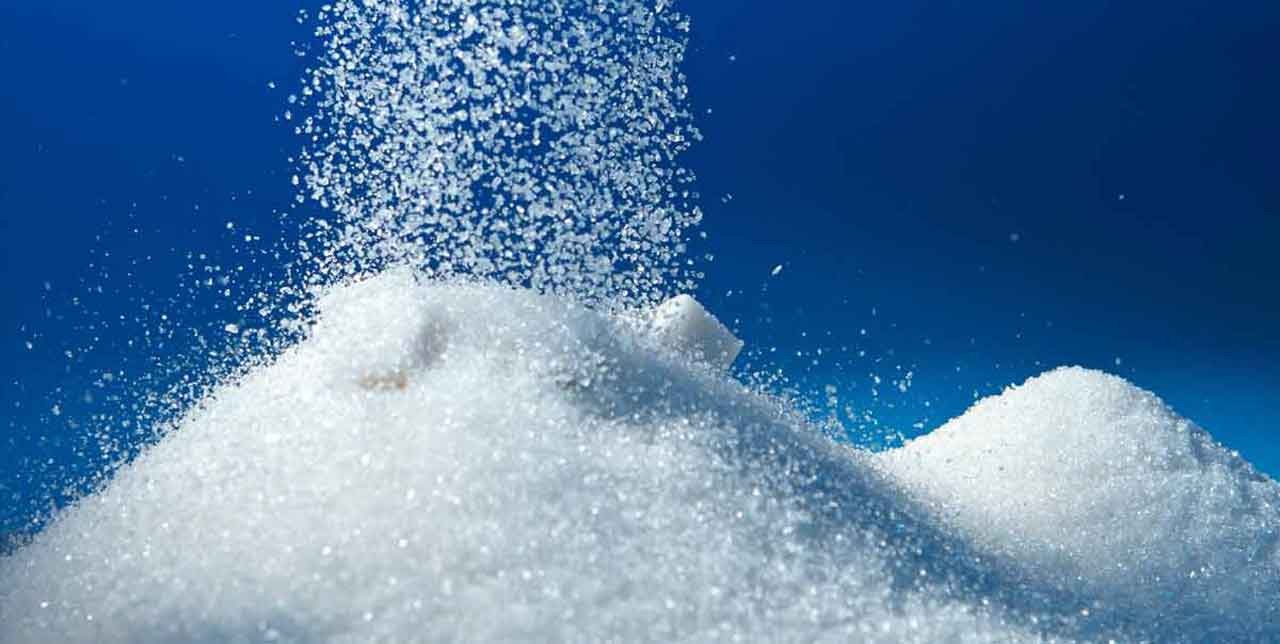Is High Fructose Corn Syrup Bad for Your Brain?

Fructose sweetened food in your diet could raise the risk of health problems and could be bad for your brain, yet another reason to read food labels.
Many disorders, ranging from cardiovascular disease and Alzheimer’s to diabetes and attention deficit hyperactivity disorder, all have something in common: They are associated with changes to genes in the brain.
University of California at Los Angeles (UCLA) scientists have discovered that high fructose corn syrup, a sugar that’s common in the Western diet, can damage hundreds of those genes. That problem raises the worrisome possibility fructose may harm your health.
YOU MIGHT ALSO LIKE: What Exactly Are Antioxidants?
At first glance, fructose seems like it should be harmless and may be even good for you. It’s a natural sugar found in many fruits and some vegetables, and we’re constantly advised to eat plenty of those foods for health.
But consuming fructose in whole fruits and veggies that typically contain many nutrients and fiber — which substantially slows down your body’s absorption of sugar — is different from downing it in concentrated form. But that’s how Americans get most of their fructose.
Is high fructose corn syrup bad for you?
Fructose is removed from food and processed to make sweeteners, adding calories to foods without much else in the way of nutrition. High fructose corn syrup is the most common form of fructose. It is found in products like soft drinks and many desserts.
Over more than decade, research has suggested this form of fructose may play a role in obesity and may increase the odds of having heart disease and kidney problems.
For their study, UCLA researchers looked to see if fructose consumed in about the same amount many people drink in sodas daily might damage health by impacting a fatty acid called docosahexaenoic acid (DHA). DHA is known to be essential for the maintenance of normal brain function, including optimal learning and memory.
The fatty acid is abundant in wild salmon, walnuts, flaxseed, fruits, and vegetables, according to Fernando Gomez-Pinilla, PhD, a UCLA professor of neurosurgery, integrative biology, and physiology, who headed the study. "The brain and the body are deficient in the machinery to make DHA; it has to come through our diet," Gomez-Pinilla said.
To test the impact of fructose on DHA, Gomez-Pinilla and colleagues trained rats to escape from a maze and then placed the animals into three groups. For six weeks, the rodents in each group took in different amount of fructose or none at all. One group drank water containing the equivalent amount of fructose a person would consume from drinking a liter of soda daily. The second group was given fructose water supplemented with DHA, and the third group received plain water.
YOU MIGHT ALSO LIKE: The Anti-Inflammatory Diet
When the rats were put in the maze again, those who had been drinking plain water could still get through the maze easily. But those animals who drank fructose-laden water showed serious memory impairment. It took them twice as long to get through the maze as the rodents who received plain water.
The rats in the group that drank fructose flavored water that also contained DHA didn’t seem to have memory problems when they were put in the maze. The researchers concluded the DHA had cancelled out the harmful effects fructose had on memory.
Additional tests showed another big difference in the animals who were given the high fructose water without any DHA supplementation. They had far higher blood glucose and triglyceride levels. In humans, those factors are linked to obesity, diabetes, and other diseases.
Does fructose alter the brain?
But there was a more startling finding. When the researchers sequenced over 20,000 genes in the rats' brains, they discovered over 700 genes in the control center for metabolism (the hypothalamus). They also found that more than 200 genes in the hippocampus, which helps regulate memory and learning, were altered in the animals given fructose flavored water without DHA.
The researchers pointed out that the vast majority of genes they identified in the rats are comparable to human genes in the way they interact to control inflammation, regulate metabolism, and influence cell communication.
Alterations to those specific genes in people can cause many disorders, including bipolar disorder, Parkinson's disease, depression, and other brain diseases, according to Xia Yang, PhD, a senior author of the study and a UCLA professor of integrative biology and physiology.
The UCLA study is the first to identify the genes, pathways, and gene networks in the brain that fructose consumption affects. The researchers also identified how fructose turns certain genes on or off.
Is DHA protective against fructose?
The good news is that supplementation with DHA appeared to protect and reverse any harmful effects fructose had on the brain. “DHA changes not just one or two genes; it seems to push the entire gene pattern back to normal, which is remarkable," Yang said. "And we can see why it has such a powerful effect."
More studies are needed to find out if a DHA-rich diet can reverse damage to human genes. In the meanwhile, eating foods like wild salmon and walnuts, and reading labels to avoid excessive fructose, could be a smart and healthy idea.
"Food is like a pharmaceutical compound that affects the brain," said Gomez-Pinilla.
Updated:
April 19, 2023
Reviewed By:
Janet O’Dell, RN